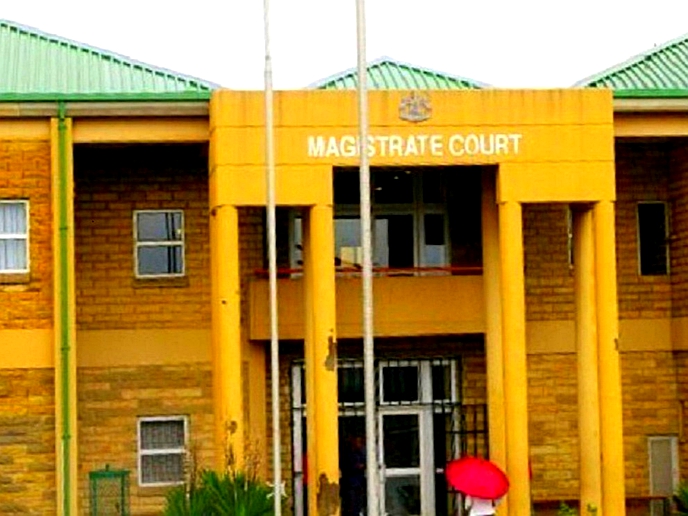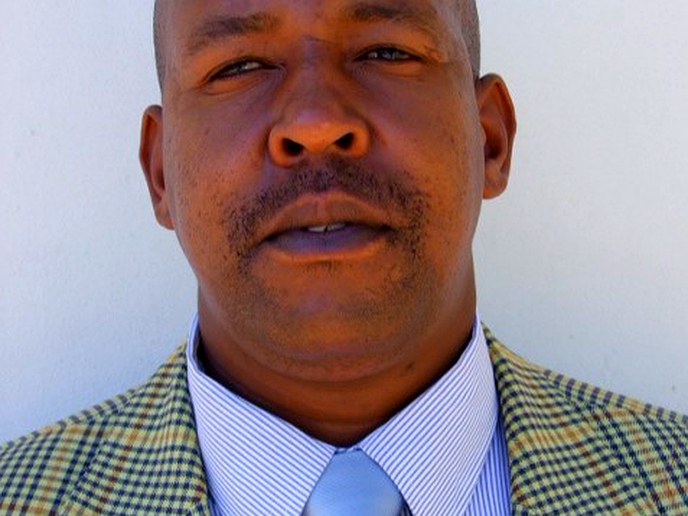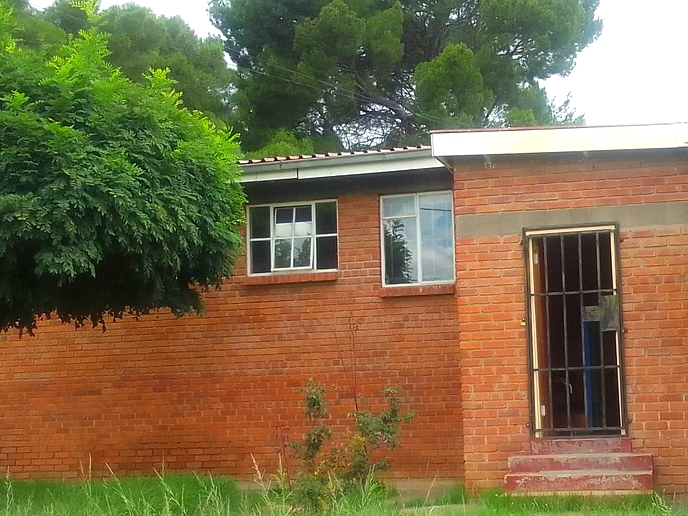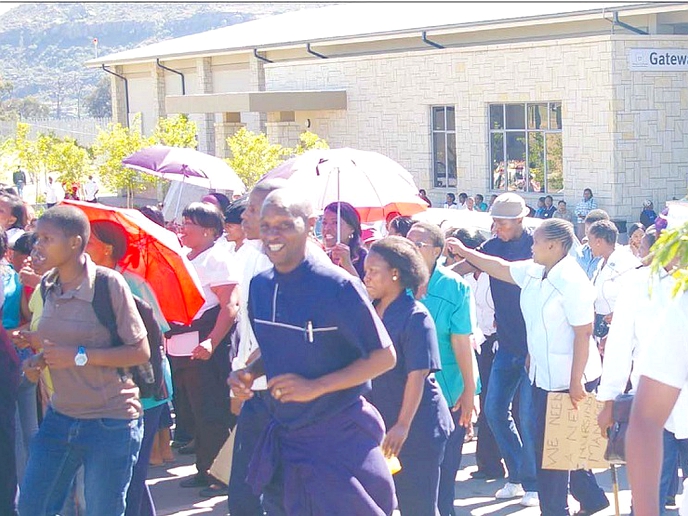SOUTH AFRICAN former Public Enterprises Minister Lynne Brown on Friday told the Zondo Commission that she had always been viewed as a corruption-buster, but was powerless to stop the corruption at Eskom because the model was flawed.
news
March 21, 2021
STAFF REPORTER
7 min read
‘Chaos’ at Eskom allowed tenderpreneurs to become instant billionaires
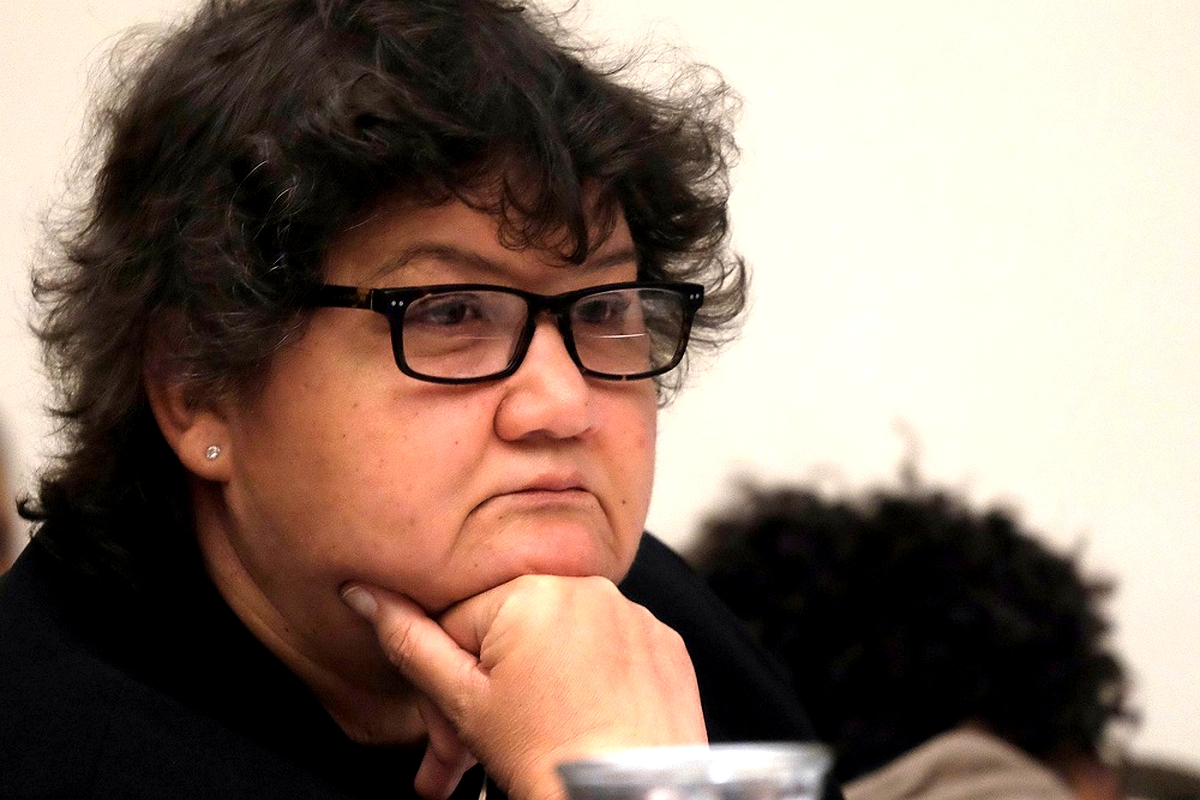
SA former public enterprises minister Lynne Brown
“I have always been viewed as a corruption-buster,” Brown told the commission, referencing her time in local government, near the start of her testimony, which was given via video link, on Friday.
“I hope the (commission) process can set the record straight again. This is a time for me to clear my name. I am grateful for the opportunity to appear before the commission, and I support it,” she said.
Prior to this, she had told Justice Zondo and evidence leader advocate Pule Seleka that if they had “read everything about me in the papers”, she “would not be surprised” if they thought she lived a lavish lifestyle, ostensibly the proceeds of corruption.
Brown implied she had been ridiculed because of Eskom’s inability to keep the lights on, even though the rolling blackouts started in 2008, years before she was appointed in May 2014.
“Nobody is blamed at the moment for any of the load shedding. I was called the minister of load shedding. I would like you to reflect on that.”
Shortly after Brown’s appointment, she recommended the appointment of a new Eskom board to Cabinet, which was accepted by December 2014.
These appointees included numerous individuals with personal or business relationships with the infamous Gupta family:
- Dr Ben Ngubane, who became chairman and who served as a co-director with Salim Essa in the natural resources exploration company, Gade Oil and Gas (Pty) Ltd from May 2013 to November 2014;
- Romeo Khumalo, who was a co-director with Essa at Ujiri Mining Technologies (Pty) Ltd until Essa resigned in August 2015;
- Mark Pamensky, who was on the board of the Gupta-controlled Oakbay Resources and Energy (Pty) Ltd until May 2017;
- Nazia Carrim, who is married to a first cousin of Essa;
- Muhammad Noor Hussain; and
- Viroshni Naidoo, a friend and business associate of the Guptas and Essa.
Brown then brought in Brian Molefe and Anoj Singh from Transnet to Eskom. They first served in acting positions as CEO and CFO respectively, before their positions became permanent in October 2015.
Under their collective control, Eskom entered into a myriad controversial deals, which have been the subject of the State Capture inquiry and a parliamentary investigation.
Asked by Justice Zondo on Friday about the state of the power utility when she was first appointed minister, Brown described it as being laden with “chaos”.
“But if you had a tender (with Eskom) you were a millionaire or billionaire overnight. So there are a lot of questions about that too”.
Responding to a monologue by Justice Zondo about possible failures of oversight creating grounds for corruption, and the entity’s inability to arrest its massive debt, Brown said: “In my time I couldn’t get rid of corruption, nor could the people before me. I think the answer has nothing to do with the company, but with the model.”
She said that although oversight was practised at Eskom, it was done “through a department that has to interrogate the documentation that Eskom brings. Anything else to be interrogated goes to the relevant authorities, the Special Investigating Unit (SIU) or National Prosecuting Authority (NPA), and so on.”
During the second year in her ministerial post, she said, she had started to “engage” the SIU on Transnet, Denel and Eskom. “We spent six months deliberating terms with the SIU.”
There was a “culture” in SOEs of contracts not being put to tender, and procurement being decentralised. There was also no “step-in clause”, she said, which meant the company had to be left to run itself. “The PFMA [Public Finance Management Act] doesn’t make provision for you to step in and stop a tender.”
Returning to load shedding, she said: “We were told at some stage that load shedding had been solved, but it’s back. Maybe we have to look at who is effective, and people who have better expertise can be brought in.”
Brown said that in other countries, state-owned-entities were run as commercial businesses, which were catalysts for economic growth. She said she believed that all 720 of South Africa’s SEOs should be taken out of government’s control, but should not be privatised.
“Some can be merged, others can be closed. We must decide which are strategic, like has been done in Singapore, Norway, China and the US. Its greatest shareholder must be government, but it must be structured like a company, so it isn’t accountable to some politician somewhere, but to a board and a state that can get dividends.”
Continuing on the theme of oversight later in the session, Brown was asked by Seleka about Eskom pulling out of the War Room – established in December 2014 and chaired by then deputy president Cyril Ramaphosa – which had been appointed to deal with the load shedding crisis.
Seleka had asked if the War Room was not a good idea in pursuing an oversight role.
“You were part of the ministerial committee assigned to the War Room. After Mr Brian Molefe was appointed as CEO, the (then) board chairman Mr Ben Ngubane wrote to you saying Eskom would no longer be participating in or responding to the War Room. That [took] away government’s efforts at oversight. Why was the War Room terminated?”
“You will have to ask then president (Jacob Zuma) that,” replied Brown.
Enjoy our daily newsletter from today
Access exclusive newsletters, along with previews of new media releases.
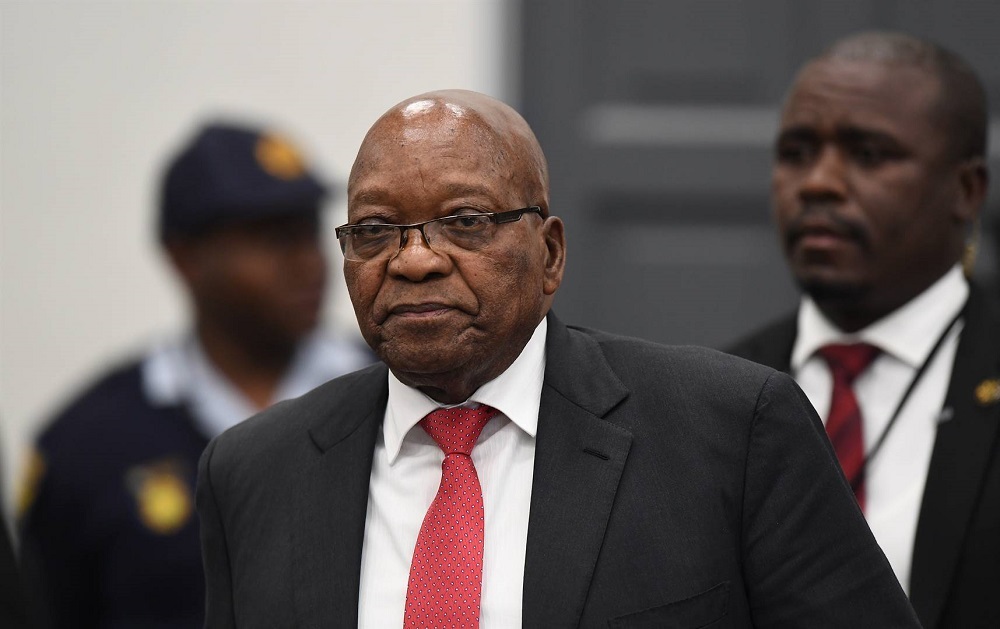
SA former President Jacob Zuma
“At the time there was a huge debate [over whether] independent power producers [IPPs] were preferable. IPPs were largely foreign businesses, about 10% were South African-owned. [IPPs worked] on a take-and-pay basis, so even if we didn’t need solar for the day, we had to pay for it.”
She said the War Room was “too big and focused on technical matters”, and while she did not recall receiving Ngubane’s official letter about Eskom pulling out of the War Room, he had said it was “taking up too much of their time”, and that the Eskom CEO should instead be working on a turnaround plan.
In November 2018, the National Assembly’s portfolio committee on public enterprises adopted the Eskom Inquiry Committee Report, which probed multiple allegations made against Eskom.
It found there was an urgent need for the Treasury to strengthen state-owned company regulations on procurement. It also further recommended criminal investigations be opened into possible fraud, corruption and other unlawful conduct.
Also among the recommendations were that the State Capture Commission summon Brown and Malusi Gigaba, both former ministers of the Department of Public Enterprises and state’s shareholder representative in Eskom during the period under investigation.
The committee asserted that the two ministers had been “grossly negligent” in the carrying out of their duties as the shareholder representative.
Brown’s tenure as minister was marred by multiple incidents such as her failure to intervene in the re-appointment of Molefe as CEO shortly after he resigned with a massive pension pay-out, later deemed illegal, as well as her failure to attend to any of the serious allegations made against several SEOs in the Public Protector’s State of Capture Report. DM
Tailored for you



